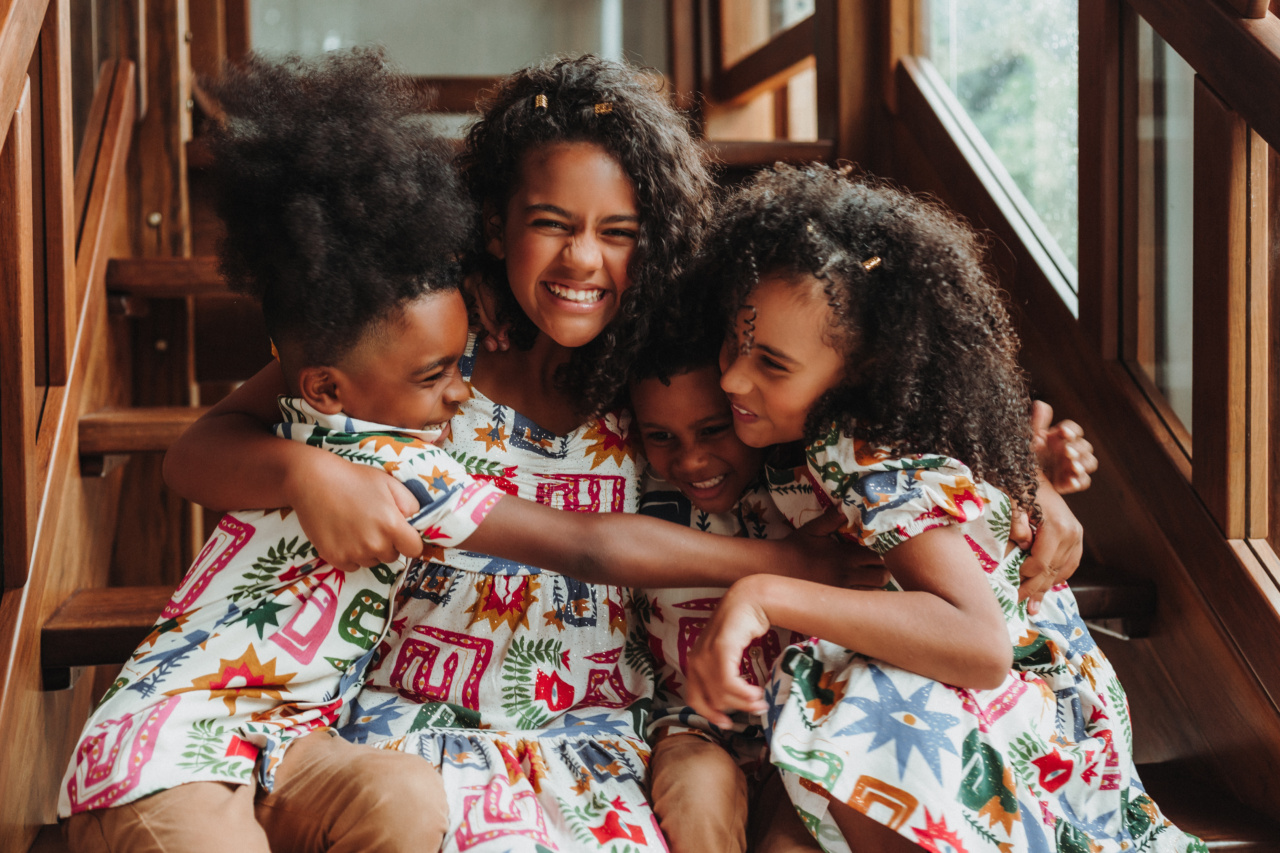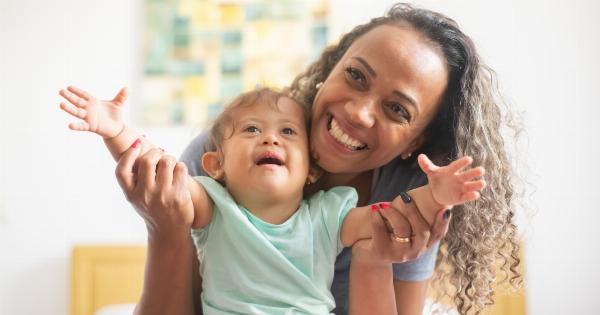Polycystic Ovarian Syndrome (PCOS) is a hormonal disorder that affects women of reproductive age. It is characterized by irregular periods, excessive hair growth, acne, and multiple cysts on the ovaries.
However, it is often overlooked that PCOS can also have an impact on boys and girls, albeit in different ways. In this article, we will explore how PCOS affects boys and girls differently, shedding light on the lesser-known aspects of this syndrome.
PCOS in Girls
PCOS can manifest differently in girls compared to women. While the syndrome is typically diagnosed during adolescence or early adulthood, the signs and symptoms can start appearing during childhood. Let’s delve into how PCOS affects girls:.
1. Early Onset of Puberty
Girls with PCOS may experience an early onset of puberty, which means their physical and sexual development may start at a significantly younger age.
This can lead to emotional and psychological challenges as they navigate through their teenage years, often feeling out of place or different from their peers.
2. Menstrual Irregularities
Just like women, girls with PCOS also experience irregular menstrual cycles.
The hormonal imbalances associated with the syndrome can cause infrequent or prolonged periods, making it difficult for girls to predict when their menstrual bleeding will occur. This can be distressing and affect their daily activities and overall quality of life.
3. Excessive Hair Growth
Hirsutism, or excessive hair growth, is one of the common symptoms of PCOS. Girls with PCOS may develop unwanted hair growth in areas such as the face, chest, back, or abdomen.
This can lead to self-esteem issues and feelings of embarrassment, potentially impacting their self-confidence and social interactions.
4. Acne and Skin Issues
PCOS can also contribute to acne and skin issues in girls. Hormonal imbalances can stimulate the sebaceous glands, resulting in increased oil production and clogged pores.
As a result, girls with PCOS may experience persistent acne breakouts and oily skin, further adding to their struggles with self-image.
5. Weight Gain and Obesity
Weight gain and obesity are common in both girls and women with PCOS. However, the early onset of PCOS symptoms in girls often means they may struggle with weight management from a younger age.
These weight-related issues can have long-term health consequences, including increased risk of diabetes, heart disease, and metabolic disorders.
PCOS in Boys
Although PCOS is predominantly known as a syndrome affecting females, it can also impact males. While the occurrence of PCOS in boys is relatively rare compared to girls, it is essential to acknowledge its effects. Here’s how PCOS can affect boys:.
1. Hormonal Imbalances
Similar to girls, boys with PCOS may experience hormonal imbalances. These imbalances can lead to elevated levels of androgens (male hormones) such as testosterone.
Increased androgen levels in boys can result in various symptoms, including early puberty, growth of facial or body hair, and deepening of the voice.
2. Fertility Issues
PCOS can impact the fertility of both men and women. In boys, PCOS can cause reduced sperm count or abnormal sperm morphology, making it challenging to conceive naturally. This can be distressing for boys who desire to have children in the future.
3. Insulin Resistance and Diabetes
Insulin resistance is commonly associated with PCOS in both genders. In boys, insulin resistance can lead to an increased risk of developing type 2 diabetes or metabolic disorders later in life.
It is crucial for boys with PCOS to adopt healthy lifestyle habits and manage their insulin levels effectively to minimize these risks.
4. Psychological Impact
Living with PCOS can have a psychological impact on boys as well. The challenges associated with body image, self-esteem, and societal expectations can take a toll on their mental well-being.
It is important to provide emotional support and promote open discussions about PCOS to help boys navigate these challenges.
Conclusion
In conclusion, PCOS affects both boys and girls, although the manifestations may differ. For girls, early puberty, menstrual irregularities, excessive hair growth, acne, and weight-related issues are primary concerns.
On the other hand, boys with PCOS may experience hormonal imbalances, fertility issues, insulin resistance, and psychological impact. By understanding how PCOS affects boys and girls differently, we can raise awareness, provide accurate information, and offer support to those affected by this often-misunderstood syndrome.




























